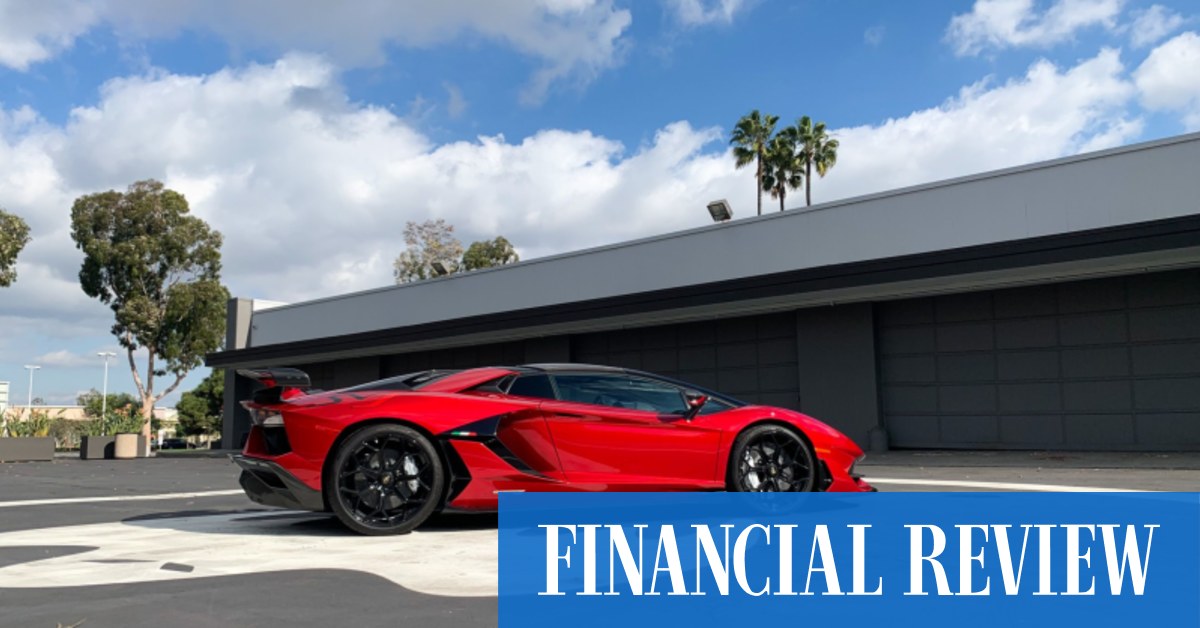The strong demand for the Lamborghini brand and supply chain disruptions generally meant the order book was now running 18 months ahead, instead of 12 months. The entire 2023 production schedule was already sold to buyers.
For the six months ended June 30, global deliveries of vehicles were up 4.9 per cent to 5090. The operating profit for Automobil Lamborghini was up 70 per cent to €425 million ($622.4 million). Sales were up 31 per cent to €1.33 billion.
Mr Winkelmann attributed the jump in profits to a better product mix, foreign exchange gains and robust sales. The URUS SUV model accounted for 61 per cent of overall sales, with the Huracan and Aventador making up the remainder.
The United States is the No.1 market for the brand, and makes up almost 30 per cent of total global sales with 1,521 vehicles delivered to that market. Mainland China, Hong Kong and Macau makes up the second-largest market at 11 per cent, followed by Germany at 9 per cent.
Being part of such a large global group under the Volkswagen banner meant Lamborghini was in a better position than many rivals for sourcing semiconductors as a shortage continues to constrain car manufacturers, Mr Winkelmann said.
“We have the advantage of being in a large group,” he said.
Lamborghini is pursuing a slow and steady approach to electric vehicles, where all of its models will be available as hybrids from 2023 and 2024.
The shift to hybrid models, and then the move to electric vehicles will require heavier investment, and this is the same for all carmakers. “The life cycles are getting shorter. The technology is getting faster,” he said.
“Everything is getting more expensive.”
But Lamborghini will be making the investments that are required.
“It’s a challenge we have to face, and a challenge we have to accept,” Mr Winkelmann said.
He said the advent of synthetic fuels will also help in the push for decarbonisation around the world, enabling internal combustion engine vehicles to stay on the road.
“We see this as an opportunity that is valuable,” he said.
E-fuels group HIF Global, which is backed by Porsche, announced in early July it had chosen Tasmania as the site for a $1 billion production plant for synthetic green fuels in Australia. The plant, to be located south of Burnie in the north-west of the island state, would produce up to 100 million liters a year of carbon-neutral e-fuels once fully operational. HIF Global is part-way through building a synthetic fuels plant in Chile.
